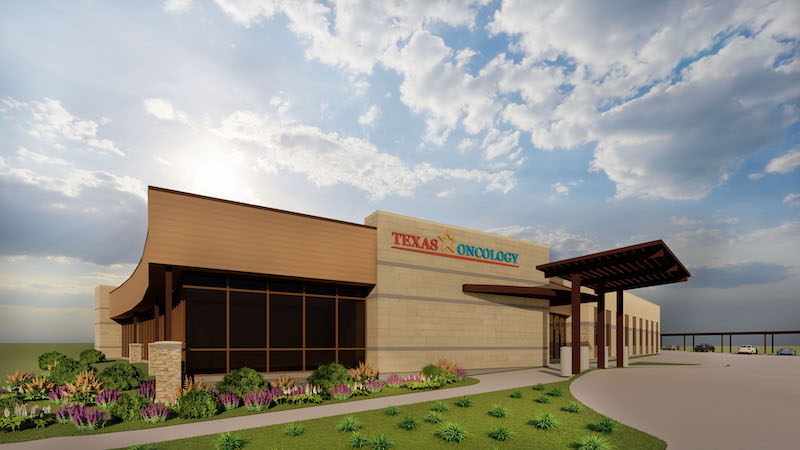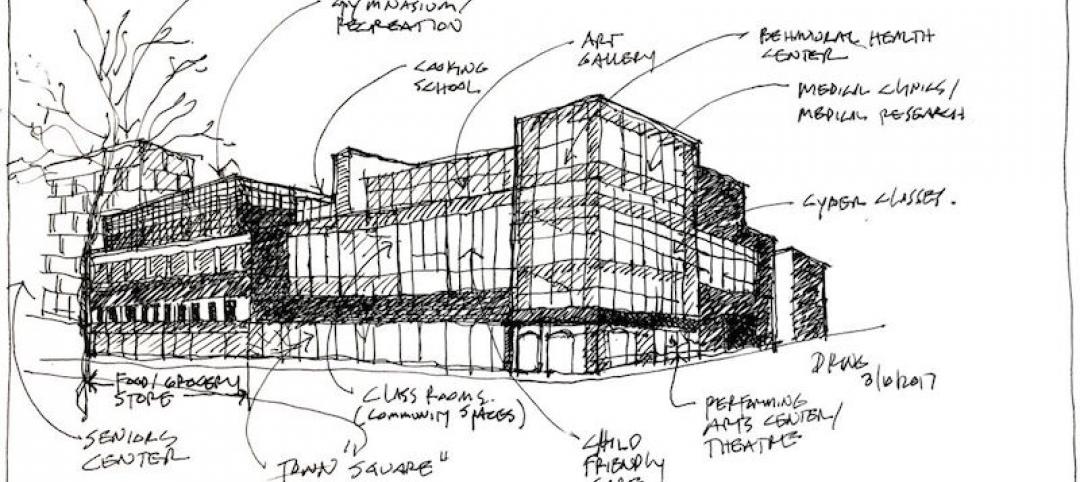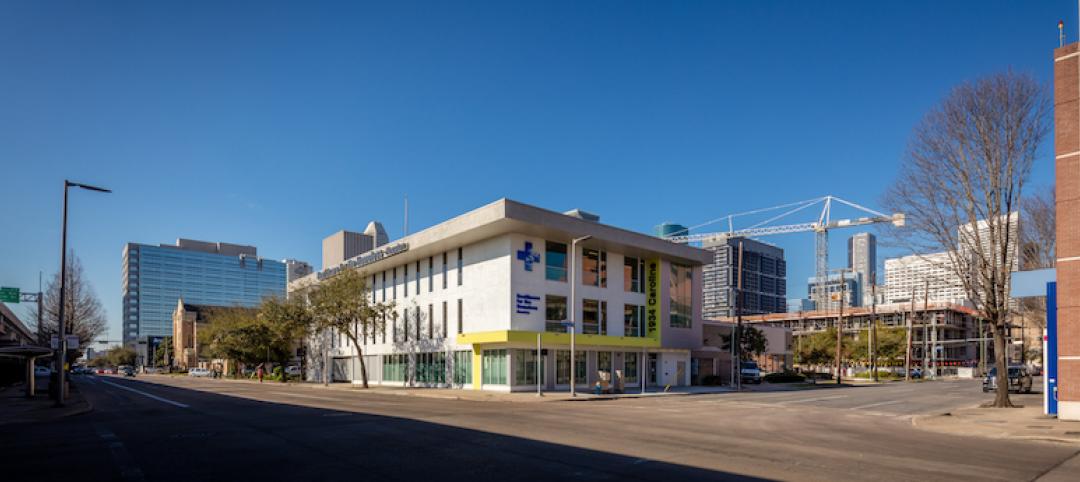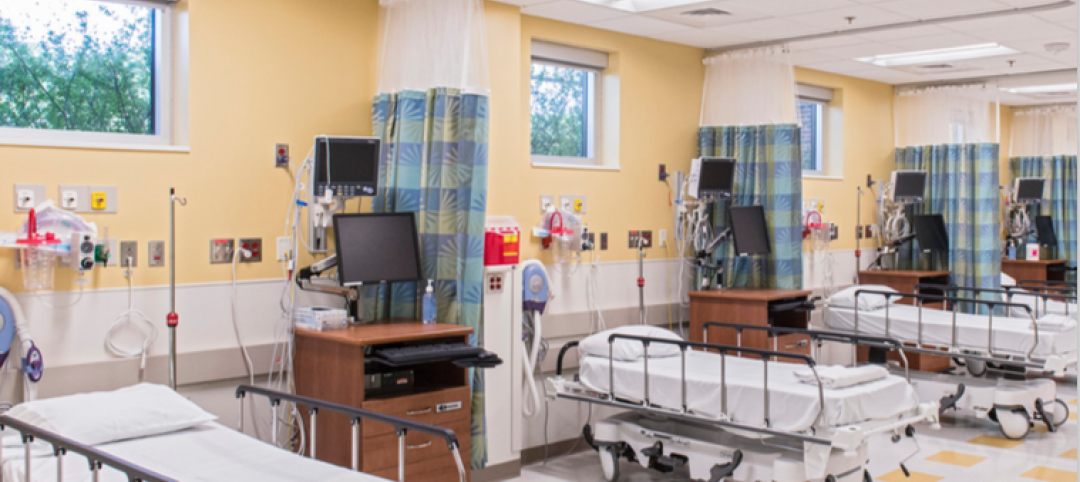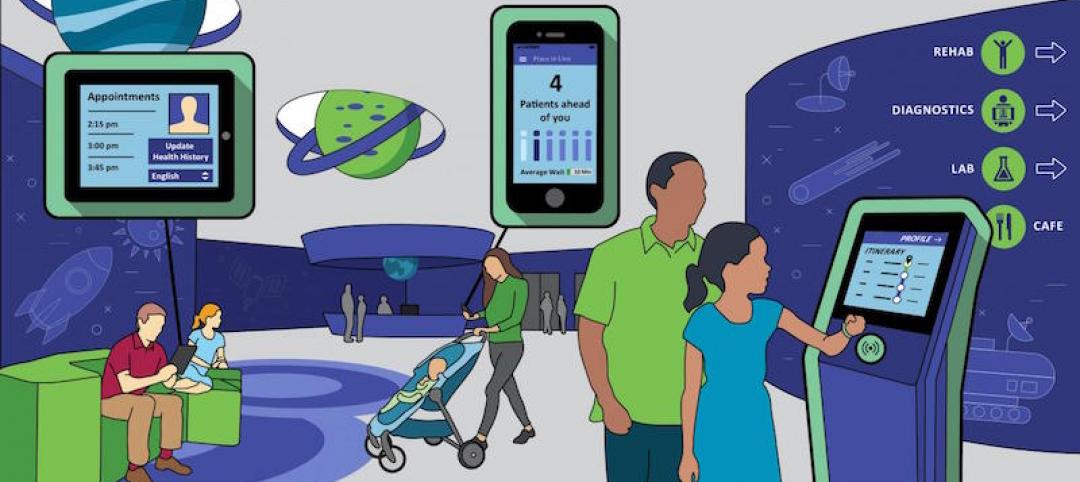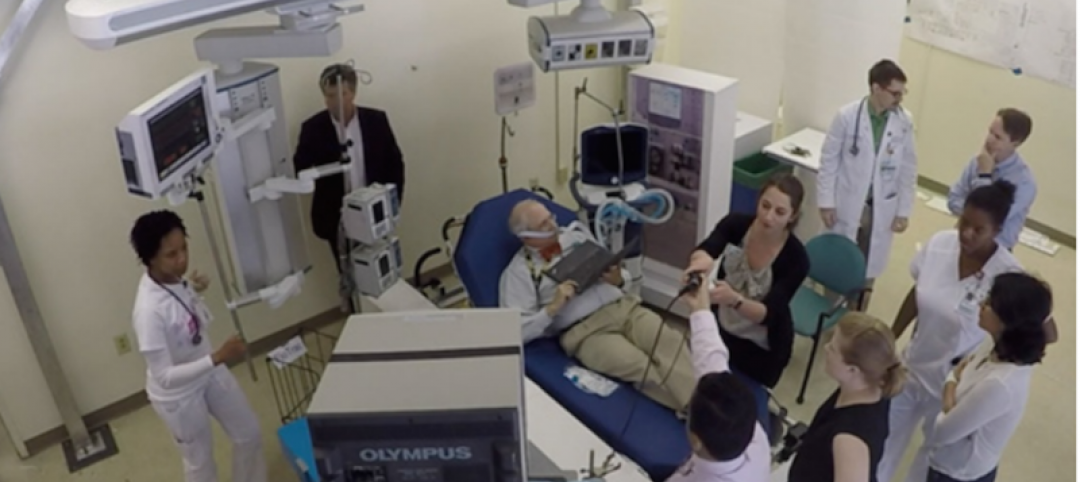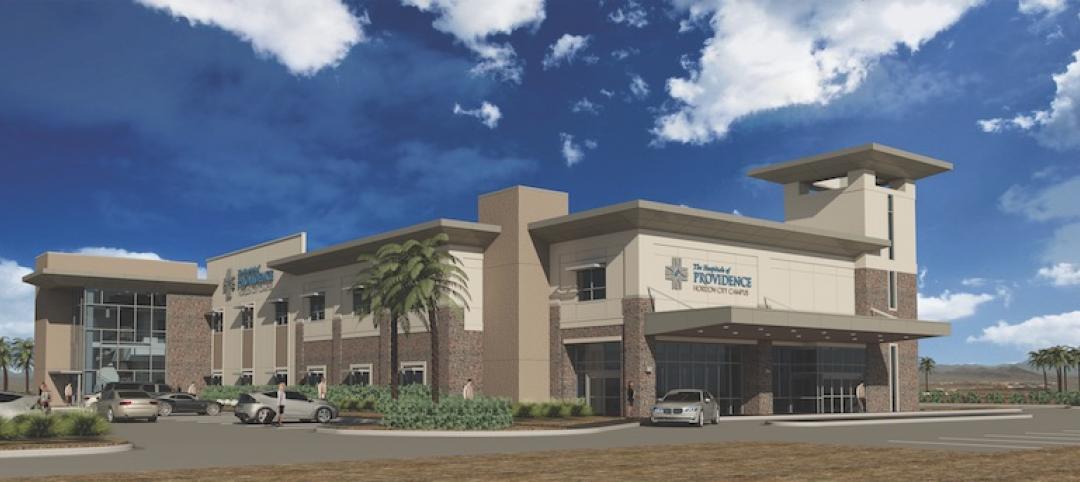While Texas’s cancer rate per 100,000 residents is among the lowest in the nation, more than 133,730 Texans will be diagnosed with cancer in 2021, including nearly 21,000 new breast cancer patients, according to The American Cancer Society’s estimates.
To expand access to comprehensive cancer care, Texas Oncology—with 500-plus physicians and 210 locations across the state—recently broke ground on a 22,300-sf cancer care center in Fort Worth’s Alliance Town Center. When it opens next year, the cancer center will provide medical oncology, hematology, radiation oncology and infusion treatments.
“The development of this new cancer care facility confirms our commitment to providing innovative comprehensive, and individualized care for patients across Texas,” says R. Steven Paulson, M.D., president and chairman of Texas Oncology.
AGGRESSIVE GROWTH
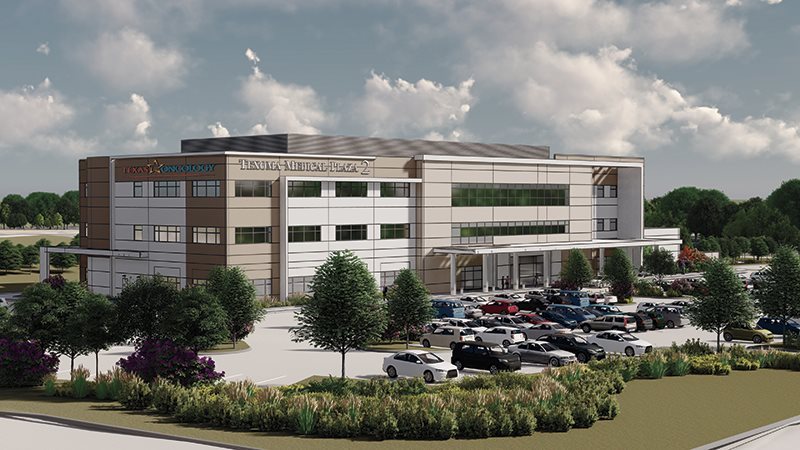
The recently opened cancer care center in Denison, Texas, consolidates two older facilities.
The building will replace an existing Texas Oncology site in Keller, Texas. The building team executing this project includes the developers Hillwood and Meridien, architects Corgan and E4H, and the general contractor DPR Construction.
Last month, Texas Oncology consolidated its locations in Sherman and Denison, Texas, into a new 26,000-sf cancer care center in Denison, with an integrated team of six physicians and more than 85 support staff. And in April, Texas Oncology and Christus Health broke ground on an 85,000-sf Northeast Texas Cancer and Research Institute in Tyler, Texas, with an anticipated 2022 opening. The Tyler facility will include 30,000 sf of clinic space and nearly 3,000 sf for research. Christus Health will house a 7,500-sf advanced imaging center. Another 10,000 sf will support the surgical oncology programs of the Louise Herrington Cancer Center.
Related Stories
Healthcare Facilities | Apr 11, 2017
Today’s community centers offer glimpses of the healthy living centers of tomorrow
Creating healthier populations through local community health centers.
Healthcare Facilities | Apr 2, 2017
Comfort and durability were central to the design and expansion of a homeless clinic in Houston
For this adaptive reuse of an old union hall, the Building Team made the best of tight quarters.
Healthcare Facilities | Mar 31, 2017
The cost of activating a new facility
Understanding the costs specifically related to activation is one of the keys to successfully occupying the new space you’ve worked so hard to create.
Sponsored | Healthcare Facilities | Mar 29, 2017
Using Better Light for Better Healthcare
Proper lighting can improve staff productivity, patient healing, and the use of space in healthcare facilities
Healthcare Facilities | Mar 29, 2017
Obamacare to Republicare: Making sense of the chaos in healthcare
With a long road of political and financial uncertainty ahead for the healthcare sector, what does this mean for the nonresidential construction industry’s third-largest sector?
Healthcare Facilities | Mar 24, 2017
5 insights for designing a human-centered pediatric experience
Pediatric experience design must evolve beyond the common mantra of “make it fun” or “make it look kid-friendly.”
Healthcare Facilities | Mar 3, 2017
CBRE: Developing a total project budget for a healthcare capital project
Successfully developing a complete and well thought out Total Project Budget is perhaps the most important task you’ll perform in the initial phase of your project.
Healthcare Facilities | Feb 26, 2017
A Georgia Tech white paper examines the pros and cons of different delivery systems for ICUs
It concludes that a ceiling-mounted beam system is best suited to provide critical care settings with easier access to patients, gases, and equipment.
Healthcare Facilities | Feb 24, 2017
The transformation of outpatient healthcare design
Higher costs and low occupancy rates have forced healthcare facilities to rethink how healthcare is delivered in their community.
Healthcare Facilities | Feb 7, 2017
Microhospitals: Healthcare's newest patient access point
Microhospitals are acute care facilities that are smaller than the typical acute care hospital. They leave complex surgeries to the big guys, but are larger and provide more comprehensive services than the typical urgent care or outpatient center.


